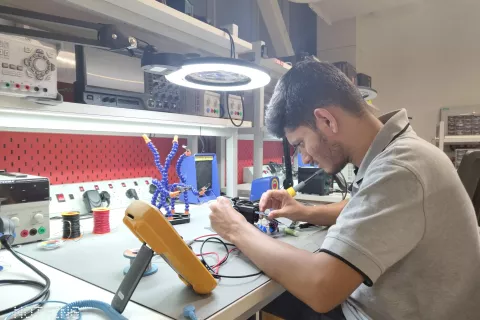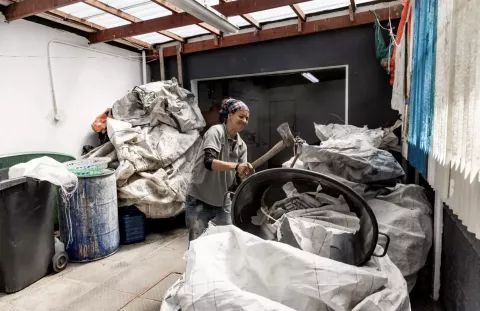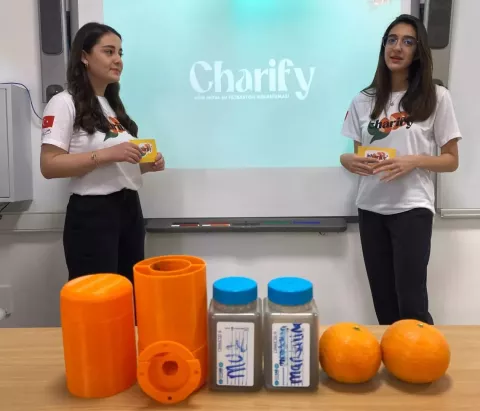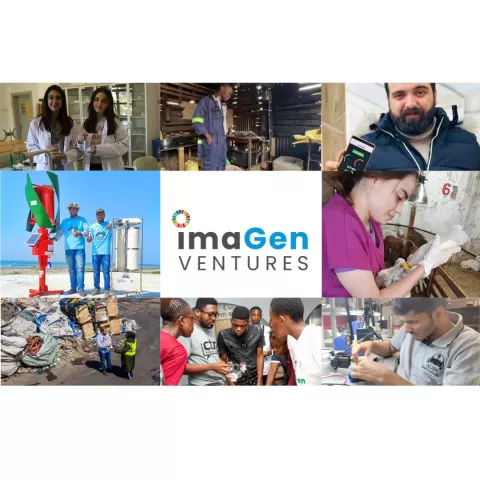Connecting Uzbek schools to the internet and students to information
Uzbekistan aims to ‘build back better’ for youth
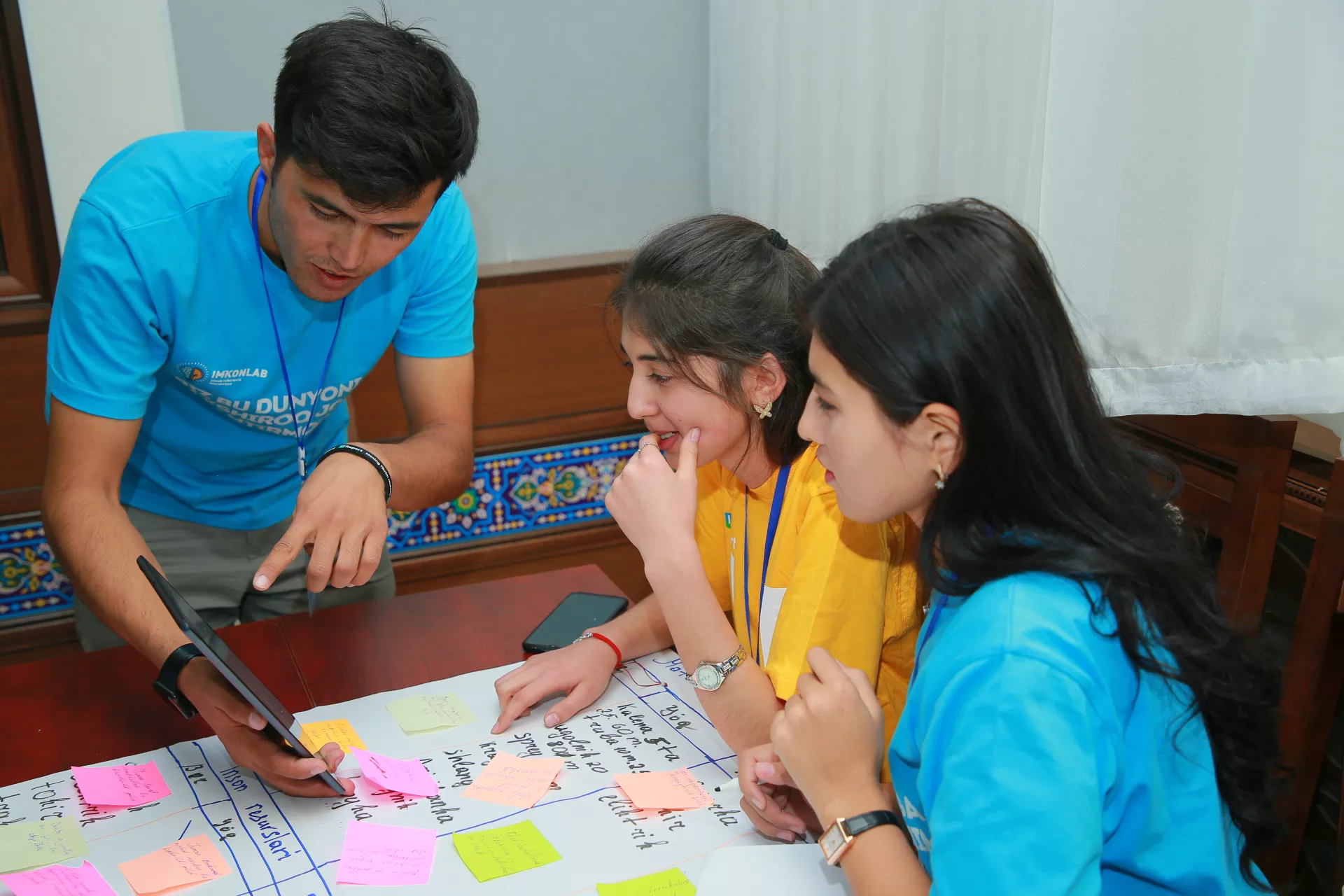
To benefit from its demographic dividend and the Fourth Industrial Revolution, Uzbekistan must equip an overwhelming share of its young people with foundational, transferable, job-specific and digital skills. Yet, throughout the country, the ‘digital divide’ limits learning opportunities for many young people, especially girls and those in rural and poor households. Young people’s limited and sporadic use of the internet is often ascribed to low-quality connectivity, high data costs and lack of access to digital devices in the country. Uzbekistan ranks 81st among 120 countries in the Inclusive Internet Index (2021) for affordability of internet access. This puts Uzbekistan behind most other Asian and lower-middle-income countries.
The Government of Uzbekistan aims to connect all schools to fibre-optic, high-speed internet services by the end of 2021, and by the end of 2022, plans to have every settlement to be connected to the internet. Ongoing UNICEF support for the Government’s education sector reforms include efforts towards improving digital connectivity and creating digital public goods (DPGs) for use in education.
Mapping school internet connectivity
In 2018, just 7 per cent of Uzbek schools had high-speed, uninterrupted internet connectivity. Under the Giga initiative, UNICEF is working with the Ministry of Public Education to map the digital infrastructure and quality of internet connectivity in over 10,000 schools. This has prompted the Government to connect about 9,500 schools to the internet so far – benefiting nearly 5 million students. The Government plans to connect all schools by December 2021. Generation Unlimited contributes to Giga initiative through Reimagine Education and reaching out to young people.
With support from Giga, more than 7,000 schools are now also equipped to monitor internet connectivity in real time. This enables the Ministry to track the quality of school internet connectivity more closely. Both mapping and monitoring of internet connectivity are being integrated into school Education Management Information Systems, to enhance transparency and accountability for school-related services.
Under the Giga Accelerate initiative, Uzbekistan is also testing innovative solutions for sustainable resource mobilization to ensure continuous connectivity for communities. These include expanding internet connectivity from schools to the local community and testing business models for monetizing internet services provided to the community.
Reimagining education with digital public goods (DPGs)
UNICEF is also supporting the Ministry of Public Education to create innovative DPGs and to apply or adapt global DPGs to enhance young people’s learning in Uzbekistan. Maktab, the Government’s digital learning platform, is now enriched with more than 1,000 courses including on foundational, transferable and digital skills, many of them collated from global DPGs. The courses are mainly aimed at facilitating the learning needs of children from remote areas, and skilling girls and children with disabilities.
Connecting schools to the internet and students to information is expected to contribute to better teaching-learning processes and improved learning outcomes, skills and employability for young people. In the long run, this will build human capital and help Uzbekistan to fulfil its aspirations to become an upper-middle-income country.

